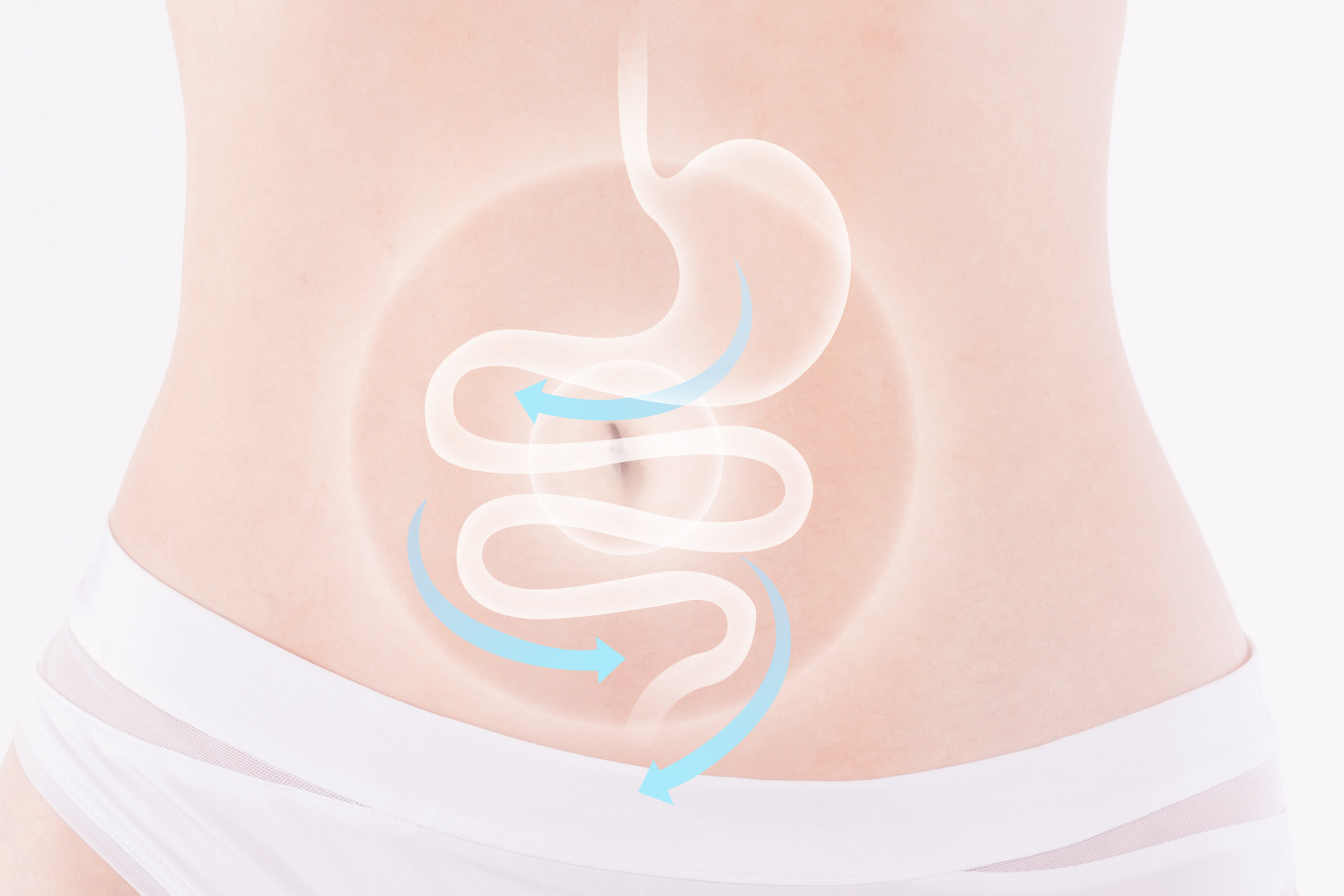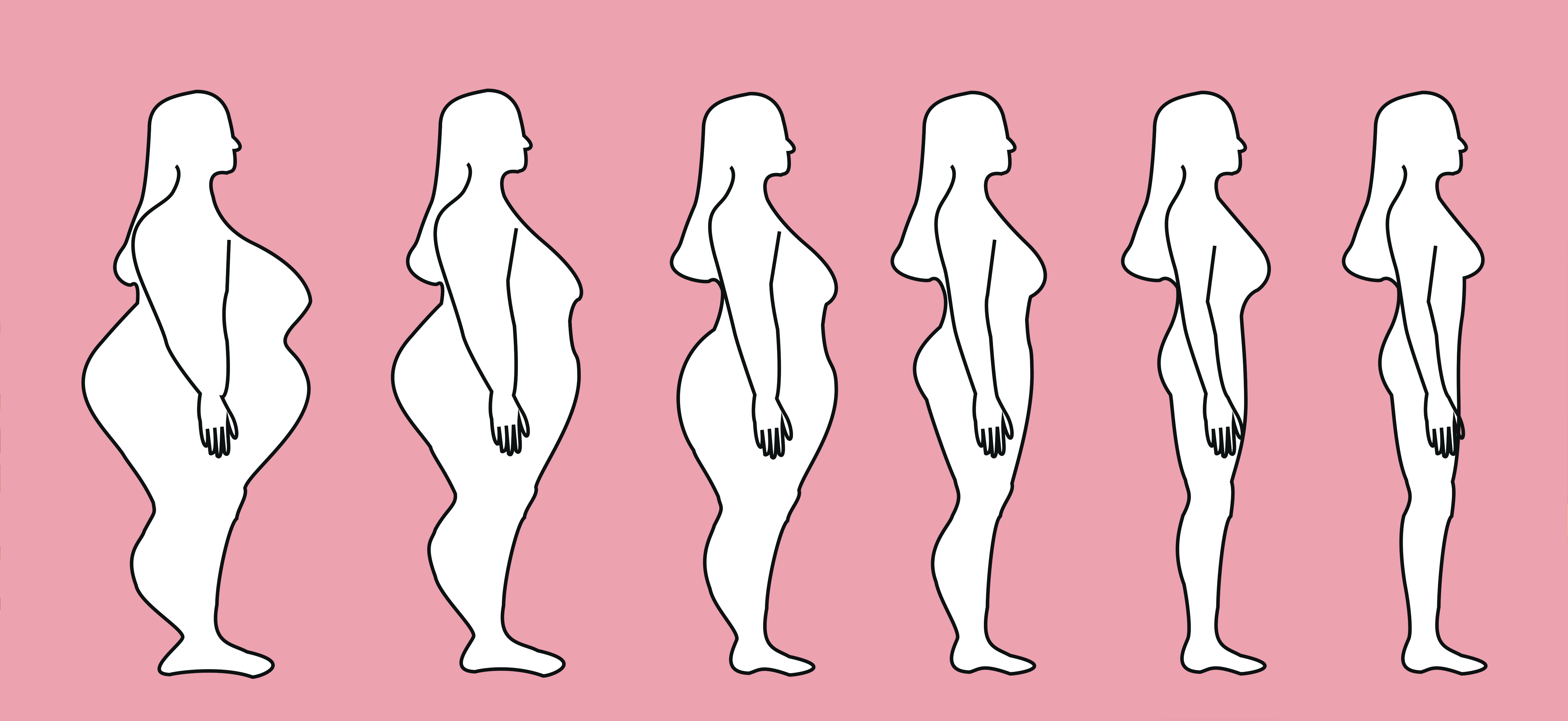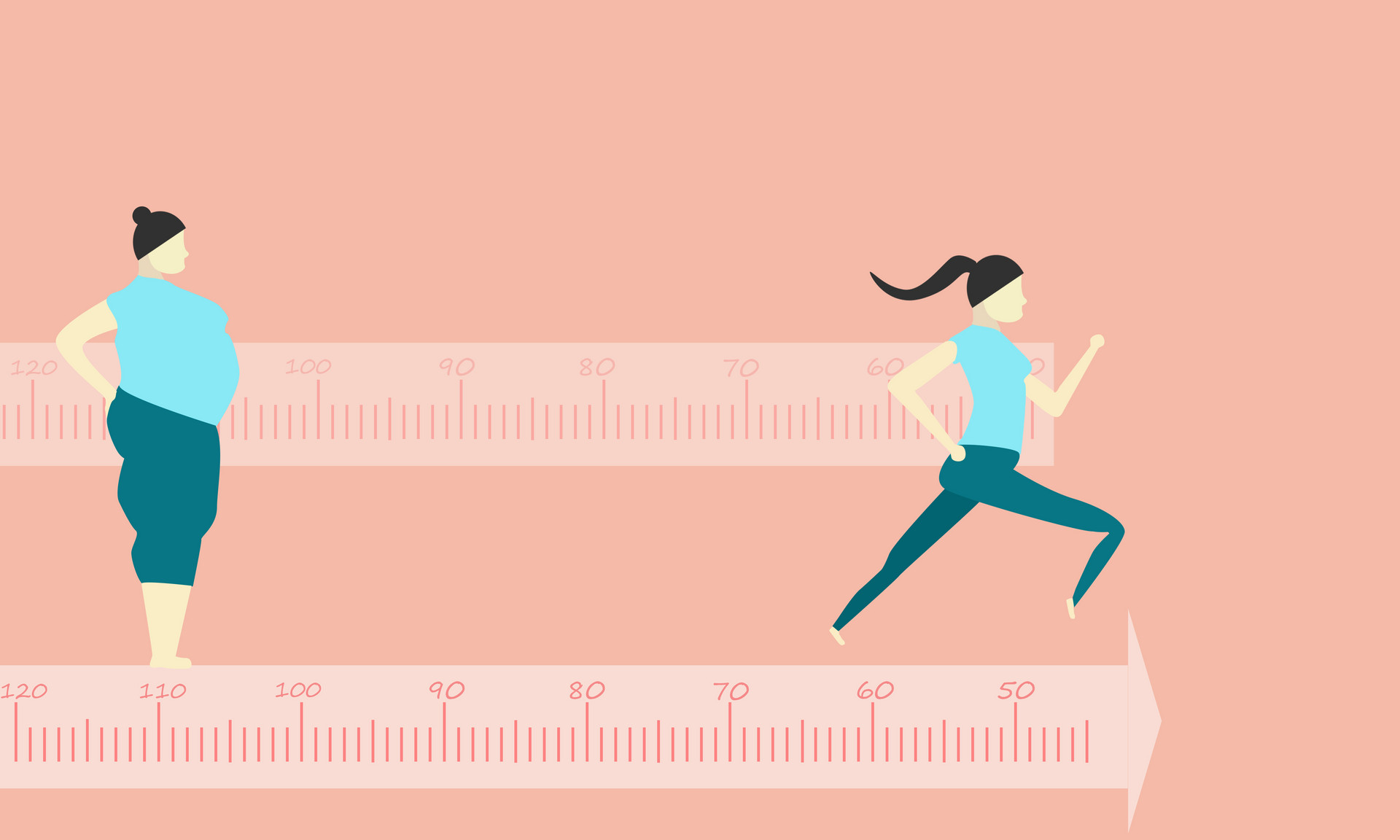
In today's society, weight loss has become a popular trend. There are various methods of weight loss, such as dietary supplements, herbal teas, traditional Chinese medicine, and Western medicine, etc. It is particularly attractive to young people, especially those who are fond of slimming. No matter the reason for obesity, they all want to lose weight.
The correct principles of weight loss are as follows: 1. Do not go on a diet or overeat while trying to lose weight; 2. Do not use laxatives for weight loss; 3. Do not harm your body while trying to lose weight; 4. Do not exhaust yourself while trying to lose weight.
The China Food and Drug Administration has decided to halt the production, sale, and use of sibutramine preparations and raw materials in China due to the potential serious cardiovascular risks associated with sibutramine. The marketed drugs containing sibutramine are required to be recalled and destroyed by the manufacturers. The weight loss drugs containing sibutramine that have been ordered to be recalled include Qumei, Auqutrue, Keshou, Saismei, Quting, Puxiu, Tingli, Aolina, Qujing, Xinfenmeilin, Xiqing, Shenzhihua, Hengyun, Miaole, Nuomeiting, and 15 other brands of similar products.
Do you know the adverse reactions caused by weight loss drugs?
1. Causing steatorrhea
Patients who take weight loss drugs often feel uncomfortable in their stomachs, bloated and painful, and have the urge to go to the bathroom. They may have two or three bowel movements a day, and there may be an oily layer in their stools. Some patients may experience oily flatulence, gastric distension, urgency of bowel movements, and even fecal incontinence, accompanied by itching, urticaria, and other symptoms.
[Medication Guide] Weight loss drugs like orlistat are known to cause the above symptoms. This type of drug is an inhibitor of intestinal fat decomposition enzymes, which can reduce the absorption of fat in the small intestine by about 30%. Long-term use can cause deficiencies in fat-soluble vitamins such as vitamin A, D, E, and K, and can cause dry skin. Therefore, after three months of use, it is necessary to take vitamin supplements. It is currently being evaluated whether this type of drug is absolutely safe as a weight loss drug. It is recommended that children under 18 years old, pregnant women, and breastfeeding women should not take it easily.
2. Causing excitement
Obese people usually feel sleepy, but after taking weight loss drugs, they may experience excessive excitement. They are not only unable to sleep during the day but also have trouble falling asleep at night. In the early stages, they may feel energetic, but over time, it can lead to mental disorders.
[Medication Guide] Weight loss drugs like amphetamines often cause the above symptoms. With prolonged use, patients may also experience emotional instability, delusions, hallucinations, and sleep disorders. Additionally, amphetamines are also prone to addiction. Once addicted, the process of withdrawal is very painful and can lead to anxiety, depression, fatigue, sleepiness, and binge eating. Therefore, weight loss drugs containing this ingredient should not be taken lightly.
3. Causing decreased appetite, dizziness
After taking weight loss drugs, appetite decreases, making it difficult to eat. Although body weight may decrease, there may be dizziness, headaches, sleepiness, and even palpitations.
[Medication Guide] Weight loss drugs containing an appetite suppressant called phenylpropanolamine (PPA) often inhibit appetite and can cause problems such as heart valve damage and pulmonary hypertension. This drug is a prescription drug, but some small pharmacies still illegally sell it. The duration of continuous use of this drug should not exceed 6 months, otherwise drug resistance and psychological dependence may occur. Other adverse reactions include increased non-diarrheal bowel movements, mild abdominal pain, dizziness, fatigue, dry mouth, etc., but these are generally tolerable and can be gradually eliminated with continuous use. Other possible side effects include sleepiness, depression, and increased nocturia. It is not recommended for patients with depression or epilepsy, as well as pregnant women. It should be used with caution in patients with severe arrhythmias, high-altitude workers, and drivers.
4. Causing dry mouth, increased heart rate
After taking weight loss drugs, there is a constant feeling of dryness in the mouth, leading to increased water intake. This can cause dry and cracked lips, as well as symptoms such as headaches, insomnia, and increased heart rate.
[Medication Guide] The above symptoms are common side effects of weight loss drugs containing sibutramine. This drug inhibits the reabsorption of neurotransmitters, thereby suppressing appetite. In recent years, it has been found that this drug may impair memory. There is also evidence that this ingredient can cause other cerebrovascular problems, manifested as confusion, dizziness, and visual abnormalities. It may increase the risk of serious cardiovascular events, making the risk of weight loss treatment greater than the benefits. Therefore, this drug has recently been banned in China, the United States, Europe, and other countries.
5. Causing excessive sleepiness, frequent urination
After taking weight loss drugs, individuals may become excessively sleepy, unable to wake up all day, and their lips are always dry. They may also experience frequent urination and overall weakness.
[Medication Guide] Weight loss drugs may contain another commonly used appetite suppressant called phenylpropanolamine (PPA). This ingredient is notorious in the cold medicine industry and is also banned in many countries as a weight loss drug. Serious adverse reactions that can occur after taking drugs containing PPA include allergies, arrhythmias, hypertension, insomnia, etc., indicating that these drug formulations have safety issues. Currently, all cold medicines and other drug formulations containing PPA have been recalled in our country.
6. Causing insomnia, palpitations
After taking weight loss drugs for a period of time, individuals may experience insomnia and occasional dizziness. They may also feel palpitations and discomfort.
[Medication Guide] Weight loss drugs containing ephedra can increase body heat consumption and fat breakdown. However, some research reports from abroad have assessed that the potential dangers of ephedra outweigh its weight loss effects. Insomnia and palpitations are typical symptoms, sometimes accompanied by fever, sweating, thirst, anxiety, headaches, and other toxic side effects. Reports on the adverse effects of this type of product have led many people to believe that although ephedra is extracted from natural herbs, it is by no means a safe and beneficial medication for the body. The side effects are more pronounced when taken with caffeine. Long-term use of weight loss drugs containing ephedra can also cause sudden cardiac arrest. While this drug accelerates heart rate, it also greatly increases the burden on the heart, and may even lead to death.
7. Causing vomiting and diarrhea, and even syncope
After taking weight loss drugs, individuals may experience severe abdominal pain, uncontrollable diarrhea, and a feeling of food poisoning, and may even feel weak and experience dehydration.
[Medication Guide] While laxatives are not considered weight loss drugs, they are often misused or abused for weight loss because they reduce the time food stays in the gastrointestinal tract and the probability of absorption. If laxatives are not used correctly, they can also have serious consequences. Take senna leaves as an example. Many people believe that it is a completely safe and natural herb that can be used for weight loss or to treat constipation without any side effects. However, this is a big misconception. Improper use of senna leaves can cause abdominal pain, nausea, vomiting, etc. In severe cases, it can even induce upper gastrointestinal bleeding, menstrual irregularities in women, and addiction. People who are addicted to senna leaves may experience even worse constipation after discontinuation, as well as symptoms such as restlessness, insomnia, anxiety, and general discomfort.
8. Causing bloating and abdominal pain
After taking weight loss drugs, individuals may feel that their stomachs are constantly bloated and experience abdominal pain.
[Medication Guide] Weight loss drugs containing lactulose can cause abdominal distension and pain. Lactulose has the effect of reducing blood sugar. When taking this drug, liver enzymes in the blood may increase. There have been cases of death due to liver disease during lactulose use. Although the correlation between lactulose and liver disease has not been confirmed, it is better not to take it lightly.
9. Causing hypotension
After taking weight loss drugs, individuals may feel that they urinate more and subsequently feel weak, sometimes experiencing dizziness. Measuring blood pressure may reveal low blood pressure.
[Medication Guide] Weight loss drugs may contain diuretics. Diuretics are generally used to promote diuresis and lower blood pressure. They increase the excretion of urine from the body, which can temporarily reduce body weight. Therefore, diuretics are often added to weight loss drugs or teas. However, diuretics, as the name suggests, reduce body water, not actual weight loss. In the long run, this type of weight loss is not only ineffective but also can cause adverse reactions, leading to water and electrolyte imbalances such as hypokalemia, hyponatremia, as well as nausea, vomiting, diarrhea, dry mouth, fatigue, arrhythmia, etc.
Reminder
There is no magic pill for weight loss. To date, no drug has been discovered that can effectively promote weight loss without any adverse reactions on the body. Some weight loss and health products on the market have unknown ingredients, unclear mechanisms of action, and have not undergone proper clinical trials, so their weight loss effects cannot be trusted. Some even contain prohibited drug ingredients that are harmful to the human body, such as thyroid hormones, which are drugs used to treat hypothyroidism. When taken by normal individuals, they not only cause weight loss but also symptoms of hyperthyroidism, such as palpitations, excessive sweating, increased heart rate, insomnia, nausea, diarrhea, fever, etc. The key to weight loss is a scientifically balanced diet and physical activity, that is, eating less and moving more. Weight loss drugs can only play a complementary role.












